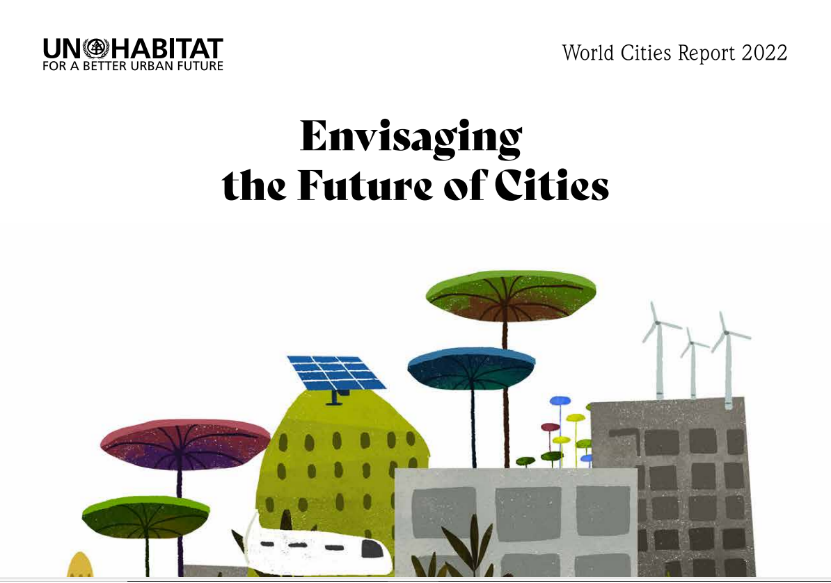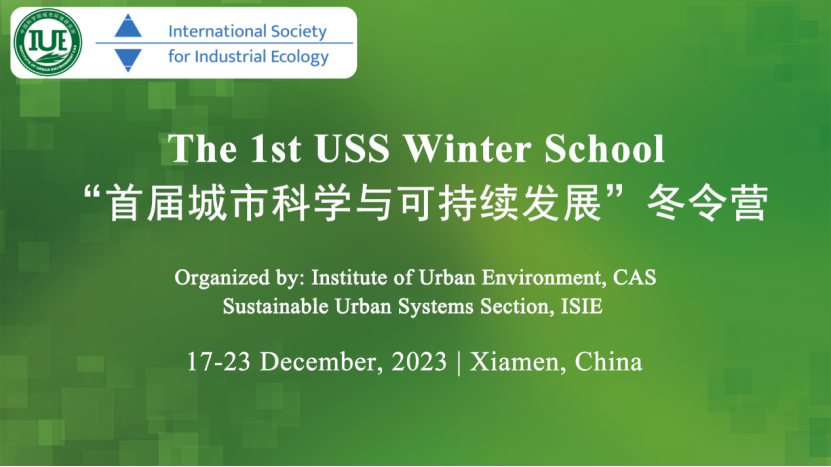Urbanization and Grand Challenges for Humanity
Karen Seto
09:00-11:00, Jan 21 2022, CST; 20:00-22:00, Jan 20 2021, EST
Prof. Seto is an urban and land change scientist, one of the world’s leading experts on contemporary urbanization and global environmental change. She uses satellite remote sensing, field interviews, and modeling methods to understand how urbanization will affect the planet. She has extensive fieldwork experience in Asia, especially China and India. She has served on numerous national and international scientific bodies. She is a Coordinating Lead Author for the urban mitigation chapter for the IPCC 6th Assessment Report. She has received many awards, including the Sustainability Science Award from the Ecological Society of America and the Outstanding Contributions to Remote Sensing Research Award from the American Association of Geographers.
Abstract
The concept of “grand challenges” is attributed to mathematician David Hilbert, who in 1900, presented 23 unsolved problems in mathematics in an address to the International Congress of Mathematicians. Since then, the notion of Grand Challenges has been used to identify complex societal issues that could be solved with scientific or technological breakthroughs, and to mobilize resources from policy and scientific communities towards addressing the challenges. Although many organizations have named Grand Challenges, none have identified Grand Challenges through the lens of contemporary urbanization. In this talk, I will discuss the Great Urban Transition and Grand Challenges for Humanity, organized around three themes: sufficiency, health, and security.
Research statement
Prof. Seto research focuses on four broad themes: 1) Monitoring and measuring urbanization dynamics, including growth patterns and urban form; 2) Understanding the process of urbanization; 3) Assessing the environmental impacts of urban land-use change; and 4) Forecasting urban growth.
Monitoring and Measuring Urbanization Dynamics Imaging of Earth by NASA’s Landsat satellites over the past three decades has revolutionized how we monitor and map our planet. My research in this area focuses on understanding and characterizing urban land-use change patterns. How are urban areas changing? What landscapes are being lost to urban expansion? How do the rates and magnitudes of urban land-use change vary across time and space?
Understanding the Process of Urbanization Urban land-use change is a function of complex interactions among multiple drivers, ranging from local policies to international capital flows. My research focuses on understanding the causes behind urban expansion. What drives urban land-use change and urban form? How do these factors interact and what are their relative and collective importance in causing urban development? Why do we see similar patterns of urban land-use change across regions and cultures?
Evaluating the Environmental Impacts of Urban Growth As urban areas expand, they impact the environment across all scales, from the local to the global. In many areas, urban expansion occurs at the expense of fertile agricultural land. In other regions, urban development envelops wildlife habitat. Everywhere, urban land-use change modifies the interaction between the land surface and atmosphere. How does urban land-use change affect the demand for energy and other natural resources? What are the implications of a rapidly urbanizing Earth for land conservation and biodiversity?
Forecasting Urban Growth By 2050, the world urban population is expected reach 6.5 billion. Where is urban land-use change likely to occur in the future? How will the global configuration of urban settlements change in the next forty years? Because every aspect of urban land-use has significant environmental implications, forecasting scenarios and patterns of urban land-use change will be critical for the conservation of energy resources, the preservation of agricultural land, and ultimately, environmental sustainability.
Reference: https://urbanization.yale.edu/people/karen-c-seto



